Jaguar Land Rover produces more than 1.5M Ingenium engines; adds new straight-six diesel MHEV to family; fuel cell concept coming
Green Car Congress
JULY 18, 2020
million Ingenium engines at its Engine Manufacturing Center in Wolverhampton, UK. The advanced Ingenium family, which includes a range of diesel, gasoline and electrified engines, are built to maximise performance while at the same time reducing the environmental impact and running costs for customers.

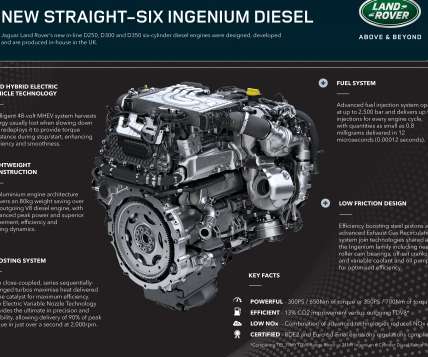

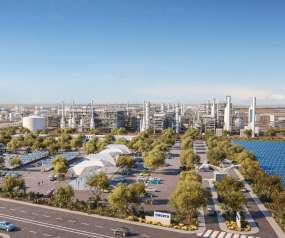
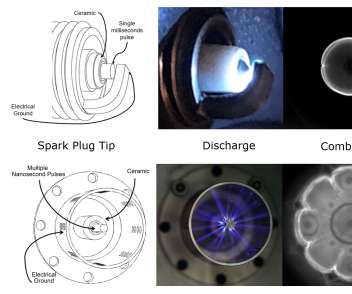

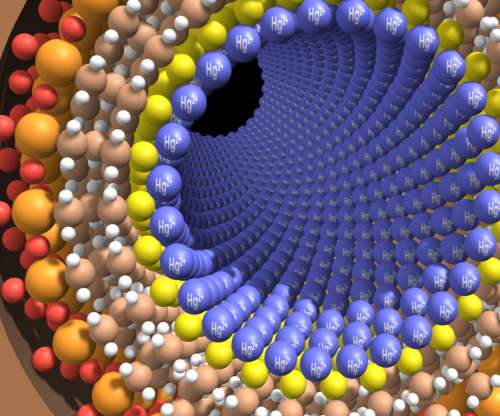











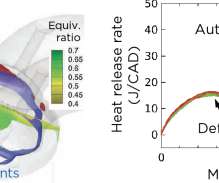



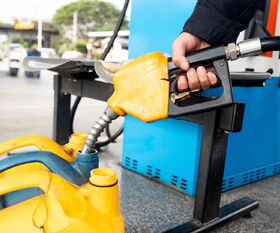
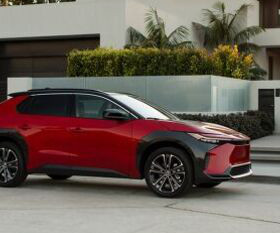


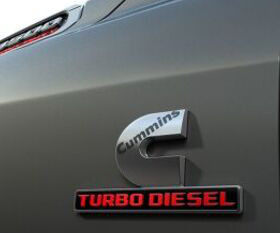













Let's personalize your content